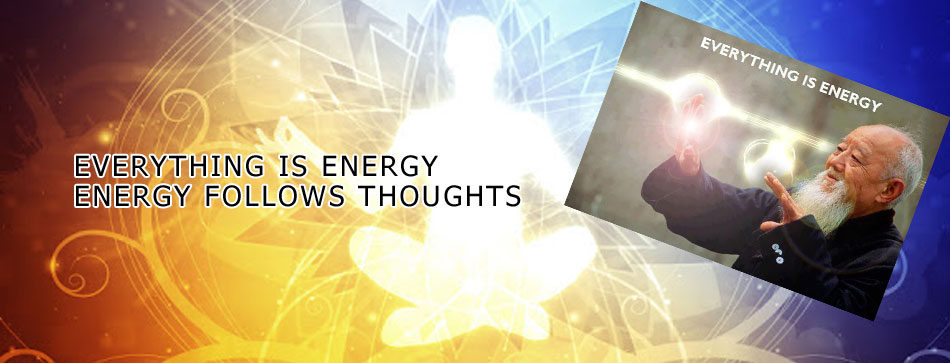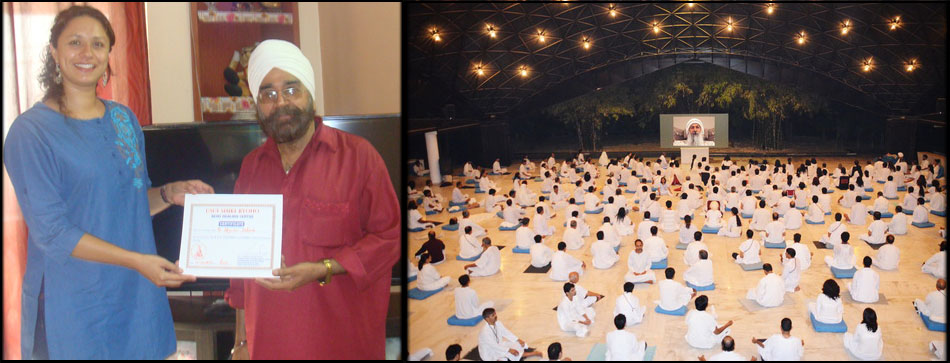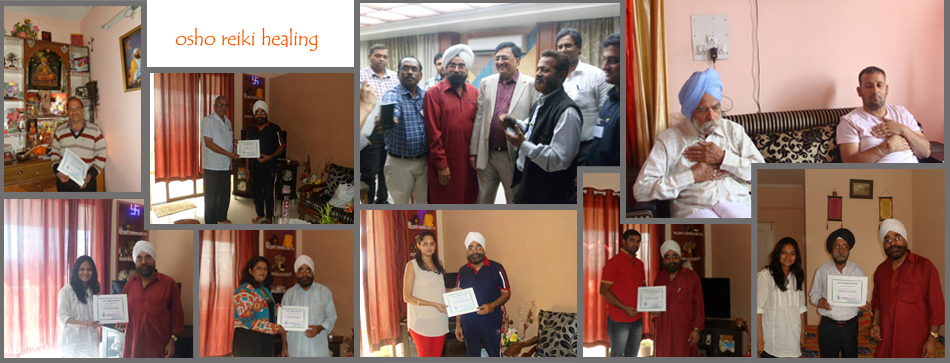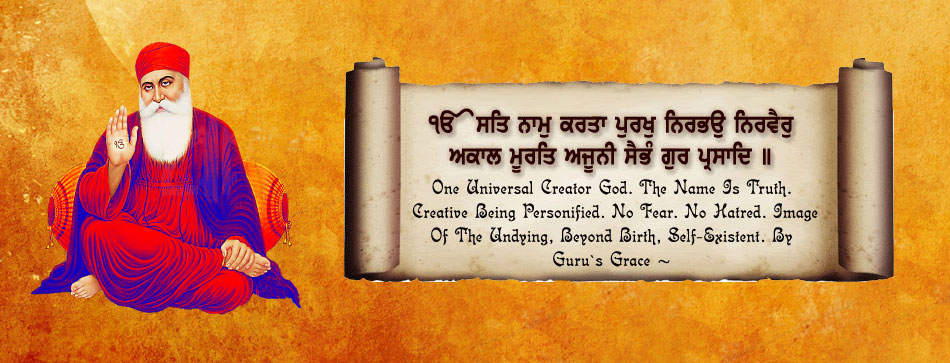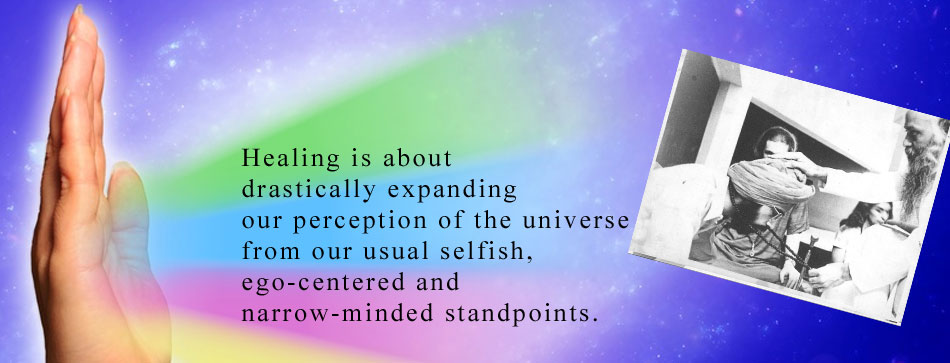What is nutrition?
- 2013-12-31
- By
- Posted in Nutritions
As molecular biology, biochemistry and genetics advance, nutrition has become more focused on the steps of biochemical sequences through which substances inside us and other living organisms are transformed from one form to another – metabolism and metabolic pathways.
Nutrition also focuses on how diseases, conditions and problems can be prevented or lessened with a healthy diet.
In addition, nutrition involves identifying how certain diseases, conditions or problems may be caused by dietary factors, such as poor diet mainutrition,food allergies ,mettabolic diseases, etc.
As the developed world becomes increasingly diet conscious, you are bombarded with more and more information about why nutrition is important for your health, but is it really necessary? After all, eating is as much about pleasure as it is about fuelling our bodies and, as everybody knows, a little bit of what you fancy is good for you.
However, in our quest to eat the things we like, it is important not to lose sight of the simple fact that the calories we consume will have one of two effects on our bodies: they will either add to the nutrient store or they will sap nutrients from the body in an effort to metabolize them.
Obviously, if you are eating a lot of junk food, your body is not gaining any nutrients, but, more alarmingly, the nutrients in your body are being used to digest the junk that you have eaten. If this pattern persists, it does not take long for your body to become deficient in vital vitamins and minerals. Because unhealthy foods use up nutrient resources, it is possible to be overweight and suffer from malnutrition.
Why is Proper Nutrition Important?
Eating a balanced diet is vital for good health and wellbeing. Food provides our bodies with the energy, protein, essential fats, vitamins and minerals to live, grow and function properly. We need a wide variety of different foods to provide the right amounts of nutrients for good health. Enjoyment of a healthy diet can also be one of the great cultural pleasures of life.. An unhealthy diet increases the risk of many diet-related diseases.
HOW MANY CALORIES DOES A PERSON NEED DAILY?
……………………………………………………………………….
The number of calories the body consumes in a day is different for every person. You may notice on the nutritional labels of the foods you buy that the “percent daily values” are based on a 2,000 calorie diet — 1500 calories is a rough average of what people eat in a day. But your body might need more or less than 2,000. Height, weight, gender, age and activity level all affect your caloric needs. There are three main factors involved in calculating how many calories your body needs per day:
A balanced diet…
There is good evidence that eating a healthy diet can reduce your risk of obesity and illnesses such as diabetes, heart disease, stroke, osteoporosis and some types ofcancer.
The food you eat contains several different types of nutrients, which are all required for the many vital processes in your body. Key nutrients in your diet include the following.
• Carbohydrates provide you with energy.
• Proteins are another source of energy and essential for the growth and repair of all tissues in your body.
• Fats are a very concentrated source of energy and also have a number of other roles, including helping to transport essential vitamins around your body.
• Vitamins and minerals are important to keep your body healthy and functioning.
Another important element of your diet is fibre. Fibre isn’t classed as a nutrient, but it’s essential to keep your digestive system healthy and certain types of fibre can help to control your blood cholesterol levels.
You need to eat a range of foods to get all of the nutrients and fibre your body needs. The five main food groups are:
• starchy foods, which include bread, pasta, rice and potatoes
• fruit and vegetables
• milk and other dairy foods
• meat, fish, eggs, beans and other non-dairy sources of protein
• foods high in fat or sugar
Eat the right balance of foods from these groups to make sure your body gets all it needs to stay healthy.
The image below shows proportionately how much food to eat from each of the different groups to enjoy a balanced and healthy diet. This includes everything you eat during the day, including snacks and drinks. You don’t have to give up the less healthy foods you like, just adjust the amount of them you eat in proportion to the amount of healthy foods in your diet.
MAINTAINING A BALANCED DIET BY HEALTHY EATING CAN:
• Give you vitality and energy for life
• Help you stay at a weight that’s right for you
• Boost your immune system
• Improve sports performance
• Delay the effects of aging
• Keep you active and fit into old age
• Help beat tiredness and fatigue
• Protect teeth and keep gums healthy
• Enhance your ability to concentrate and possible alter mood
• Ward off serious illnesses like heart disease, certain cancers, mature-age onset diabetes, and gallbladder disease
Basics of Health Eating for Today
LOW FAT
Cutting down on all fats from fatty and fried foods, butter, cream, margarine and oils is agreed on by nutritionists the world over as a way of making the modern diet healthier and reducing weight. Cutting down on saturated fat in particular is important for the heart.
LOTS OF STARCHY CARBOHYDRATES
We have forgotten how important rice, pasta, potatoes, bread and cereals are to our health. Forget the stodgy image of starch from years gone by! Starch is in again and may turn out to be just as critical as fibre is now.
HIGH FIBER
Not just bran! Fiber, that largely indigestible part of our food and often the part that really gets us chewing, is responsible for so much good. It not only keeps our insides moving smoothly but it helps to lower cholesterol, prevent gallstones and bowel cancer, and keep our weight in check. Wholemeal and grain breads are full of it, as are brown rice, barley, lentils, beans and vegetables. To start your day, there is a wonderful array of wholegrain and bran breakfast cereals.
VITAMINS, MINERALS, AND ANTI-OXIDANTS
Vegetables, fruit and grains carry an abundance of vitamins, minerals and numerous other natural substances (called phytochemicals) which scientists are only just beginning to discover. Phytochemicals function as anti-oxidants, which fight off free radicals that could otherwise damage our cells, membranes and DNA. Numerous studies show that people who eat lots of vegies and fruit have lower rates of heart disease and cancer.
VARIETY
Variety doesn’t mean 10 different cereal packs in your cupboard, but rather a variety of botanically different foods. Pasta, bread, puffed wheat and couscous all look and taste different but are all derived from the one basic (but versatile) grain (wheat). So they all provide similar nutrient Substituting other grains like oats, barley, corn or rye for some wheat adds diversity to your diet and ensures a wider range of nutrients. The nutrients you miss from one food, you can make up from another.
MODERATE SUGAR AND SWEETS
Sugar in modest amounts adds to the flavour of cooking and is a useful fuel for athletes and other active people. In excess, however, sugar adds unwanted kilojoules and can displace other more important foods – particularly for children and teenagers. In chewy and sticky form, sugar also can cause dental caries (or tooth decay).
LIGHT ON SALT
Our modern diet is laden with salt. It’s not until you avoid salt for a few weeks that you notice how it masks the true flavour of foods. As 75 per cent of our total salt intake comes from everyday commercial foods (including bread, biscuits, cereals, butter, deli meats and snack foods), it is imperative to buy salt-reduced or no-added-salt products.
DRINK PLENTY OF FLUID
Two litres (8 glasses) of fluid a day is needed to keep the body hydrated and the kidneys working efficiently. In hot weather, even more fluid is required. Alcohol and strong coffee do not count, as these act as diuretics and force the kidney to excrete more fluid than normal.
ENJOY MEALTIMES
Stress, tension, rushing and eating on the run all take their toll on your digestion and health. Try to relax and take the time to really appreciate the food in front of you.Not only will it increase your enjoyment and satisfaction by having a “comfortably full” stomach, this technique is often recommended as a strategy to help people lose weight.
The Effects of Malnutrition
One of the most common nutrient deficiencies is a lack of vitamin C, which cause scurvy. If your body is not getting enough vitamin C it cannot produce collagen, which is required for building cartilage, tendons, bone, ligaments and skin. Therefore, sufferers of scurvy experience gum infection and tooth loss, poorly conditioned skin, hair and nail loss, and scurvy will lead to death if left untreated.
There are a further 12 vitamins that are essential to the healthy function of the body. Additionally, there are 7 fundamental minerals and 10 minor minerals, plus a host of other nutrients that should be consumed daily. If your body is not receiving these nutrients it will begin to fail.
Energy
As mentioned above, most of us eat for pleasure, but primarily the purpose of eating is to provide our bodies with the energy that they require to do even the simplest things, such as breathing. Typically, the body will break down the macronutrients (protein, carbohydrate and fat) and produce energy that will power the body’s functions. If you are not supplying your body with enough of these macronutrients, you will find that you lack energy.
Everyday Health
People often overlook the benefit of nutrition on a daily basis. Ensuring your body is getting a good supply of vitamins and minerals will improve your immune system, allow wounds to heal quickly and protect the body from infection. Therefore, those who follow nutritionally rich diets are, quite simply, less likely to become ill. In addition, a good diet will leave you with clean skin, shiny hair and strong nails.
The fact is, good nutrition is fundamental to our very existence. Finding the correct balance of macronutrients, vitamins and minerals is important, because our bodies depend on it.
Rising Kundilini
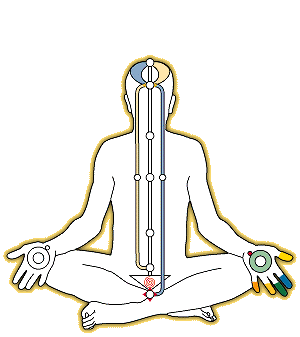
Thoughts
Blissful Music
3D Live Visitors Stats
Visitor Locations
Join Me

Calender
| M | T | W | T | F | S | S |
|---|---|---|---|---|---|---|
| 1 | 2 | 3 | 4 | 5 | ||
| 6 | 7 | 8 | 9 | 10 | 11 | 12 |
| 13 | 14 | 15 | 16 | 17 | 18 | 19 |
| 20 | 21 | 22 | 23 | 24 | 25 | 26 |
| 27 | 28 | 29 | 30 | 31 | ||



